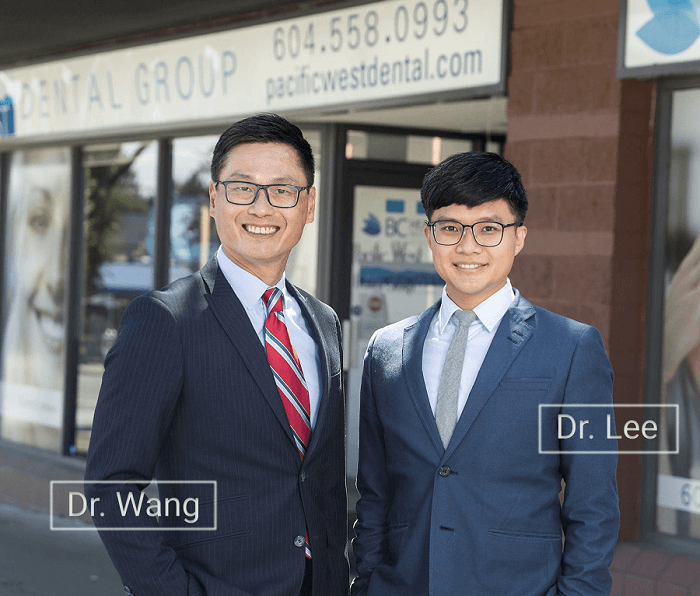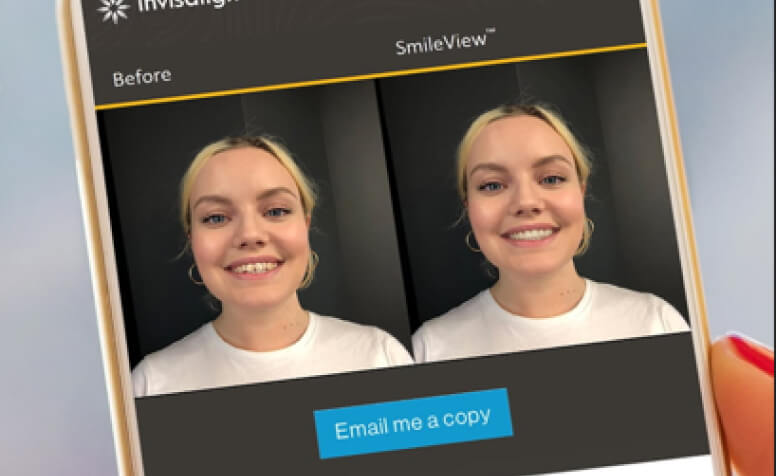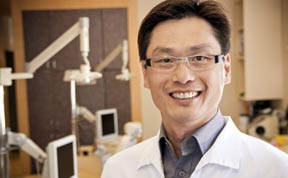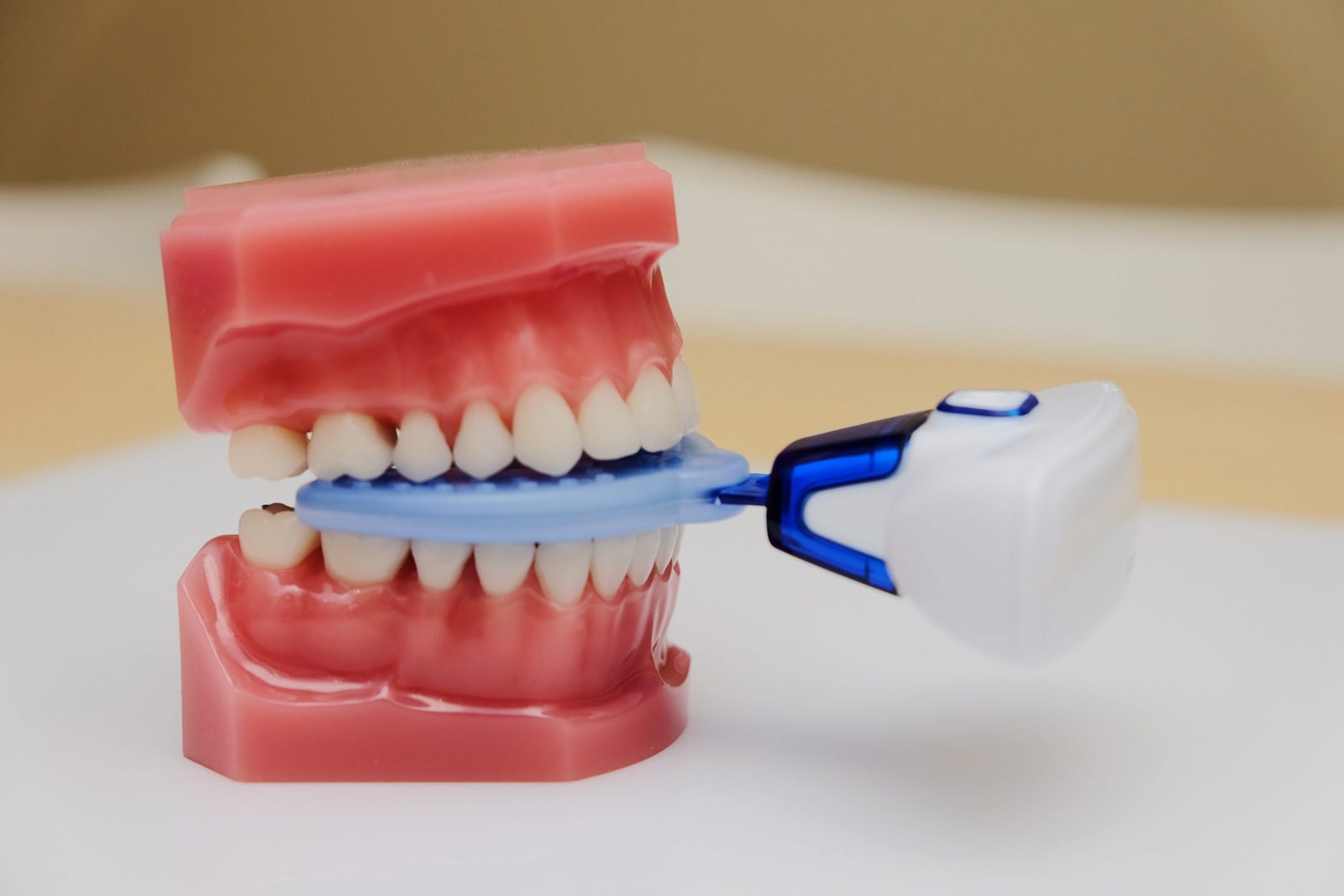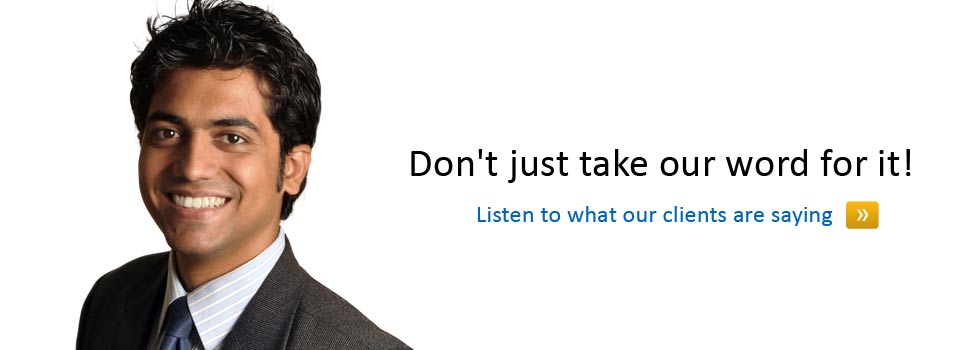Sleep Apnea Dental Clinic Vancouver
Sleep Apnea Dental Clinic

Obstructive sleep apnea (OSA) is a medical syndrome that causes the breathing to become very shallow or completely stopped during sleep. It is a common problem that affects millions of adults in North America. It is found that 1 in 5 adults have mild OSA, and 1 in 15 adults have moderate disease! If left untreated, sleep apnea can cause high blood pressure and other cardiovascular diseases, memory problems, weight gain, impotency, headaches, motor vehicle accidents and increased mortality. Snoring also greatly disturbs the sleep and well-being of bed partners
The good news is that we understand the disease much better now, and treatment of Sleep Apnea has become easier, more readily available, and more effective.
What causes Obstructive Sleep Apnea?
Every cell in our body needs oxygen in order to function, and the only way to get oxygen into our body is through the airways when we take a breath of air into our lungs.
OSA happens when something partially or completely blocks the airway during sleep. This could be due to malfunctioning of the airway muscles to keep the airway open, and/or abnormality in the structures surrounding the airway, making the airway smaller than usual. A smaller airway passage can close partially or completely. This is called hypopneas and apneas, respectively.
When OSA happens, the lung does not receive enough air, resulting in lack of oxygen to the rest of the body and the brain. Eventually, the brain wakes the body up from the sleep to activate the diaphragm and the chest muscles, and breathing usually resumes with a loud gasp, snort, or body jerk. The body and brain then falls back to sleep, and the whole process repeats itself.
The severity of obstructive sleep apnea syndrome is quantified by the number of hypopneas and apneas per hour of sleep. Patients with OSA may not realize that their sleep had been interrupted, but they typically will wake up 5-15 times an hour; patients with a severe disease will wake up almost every minute!
The frequent arousal from sleep results in sleep fragmentation and sleep deprivation. This can result in excessive daytime sleepiness, intellectual deterioration, personality changes, and behavioral disorders.
OSA had also been shown to be related to headache and chronic craniofacial pain. It was reported in a recent review article published in Sleep Medicine Reviews that 30-70% of OSA patients suffer from headaches. Although no relationship had been found between OSA and migraine in the general population, migraine in patients with OSA improves when OSA is treated. Temporal Mandibular Joint Disorder (TMD) is also found to be associated with OSA (28%).
How is it treated?
There are two therapies most commonly used to treat OSA.
1) Continuous positive airway pressure (CPAP): CPAP machine is a device that forces constant and continuous air through the nose or mouth to create an air splint that keeps the upper airway open during sleep.
2) Oral appliances (OA): Oral appliances are also called dental orthotics, tongue retaining devices, mandibular advancement appliances (MAA), mandibular advancement splints (MAS) or mandibular advancement devices (MAD). These are dental splints used to keep the mandible in an advanced position during sleep.
How oral appliance therapy works
The appliance, which must be worn each night to produce the desire effect, helps prevent the airway from collapsing by creating more airway space.
Oral appliances help to improve the patency of the airway through a combination of mechanisms, including: providing a stable and consistent, forward positioning of mandible, advancement of the tongue and possibly a change in the tongue muscle activity.
The use of OA for an OSA patient should be prescribed by the physician who made the OSA diagnosis. An effective OA is custom made for the patient using digital or physical impressions and models of patient’s mouth and teeth. It is not a primarily prefabricated item that is trimmed, bent, relined, or otherwise modified. Therefore, OSA patients who are suitable are referred to a dentist for oral appliance therapy.
Advantages of oral appliance therapy
Oral appliance is an alternative treatment option to patients who cannot tolerate or do not accept CPAP therapy. It is clinically proven to be effective in treating snoring and mild to moderate OSA. Patients find it convenient to wear and easy to travel with as no power supply is necessary. Because it is custom made for each patient, the fit is excellent and comfortable, and it is approximately the size of a mouth guard. Studies show 92% of patients wearing oral appliances reported snoring to be either eliminated or greatly improved.
How We Can Help
The team at PacificWest Dental is equipped to address your sleep apnea and work with you to get a better night’s sleep. Please contact us for more information!
Book Your Consultation
See What Our Patients Are Saying About Us

A very beautiful office with professional staff
My daughter’s teeth are on its way to being perfect! Thank you, Dr. Wang and staff for being so attentive and efficient at each of our visits.
Just got my braces off and my teeth look amazing!
The doctors and staff are always super nice and friendly, I would definitely recommend if you’re looking to get braces!
Amazing team!!
They made my dream smile come to life. Huge shoutout to the amazing doctors and the staff especially Leighton since she saw my first smile

I'm glad I found such a professional dental office.
The staff is very enthusiastic and the dentists are very professional and responsible. It took me only ten months to complete my orthodontic work. It was perfect. Dr. Lee is super nice, patient and responsible
The clinic is also newly renovated and very beautiful.
My sister referred me to see Dr.Wang and I’m is happy I committed to changing the appearance of my teeth at this clinc. I love coming to my appointments and always look forward to seeing Maria and Dr.Wang!
I loved it here!
The staff here is so amazing, kind and understanding. I would definitely recommend everyone coming here !
Get a Consultation
Learn more about how we can treat your chronic head pain.
Book a Consultation
Get started todaY by calling us at 604-558-0993 (Vancouver) OR 604-501-0993 (sURREY), or by filling the form below.
During your initial consultation, we will understand your situation, perform a visual examination of your bite, recommend a treatment plan and answer any questions or concerns you may have.
